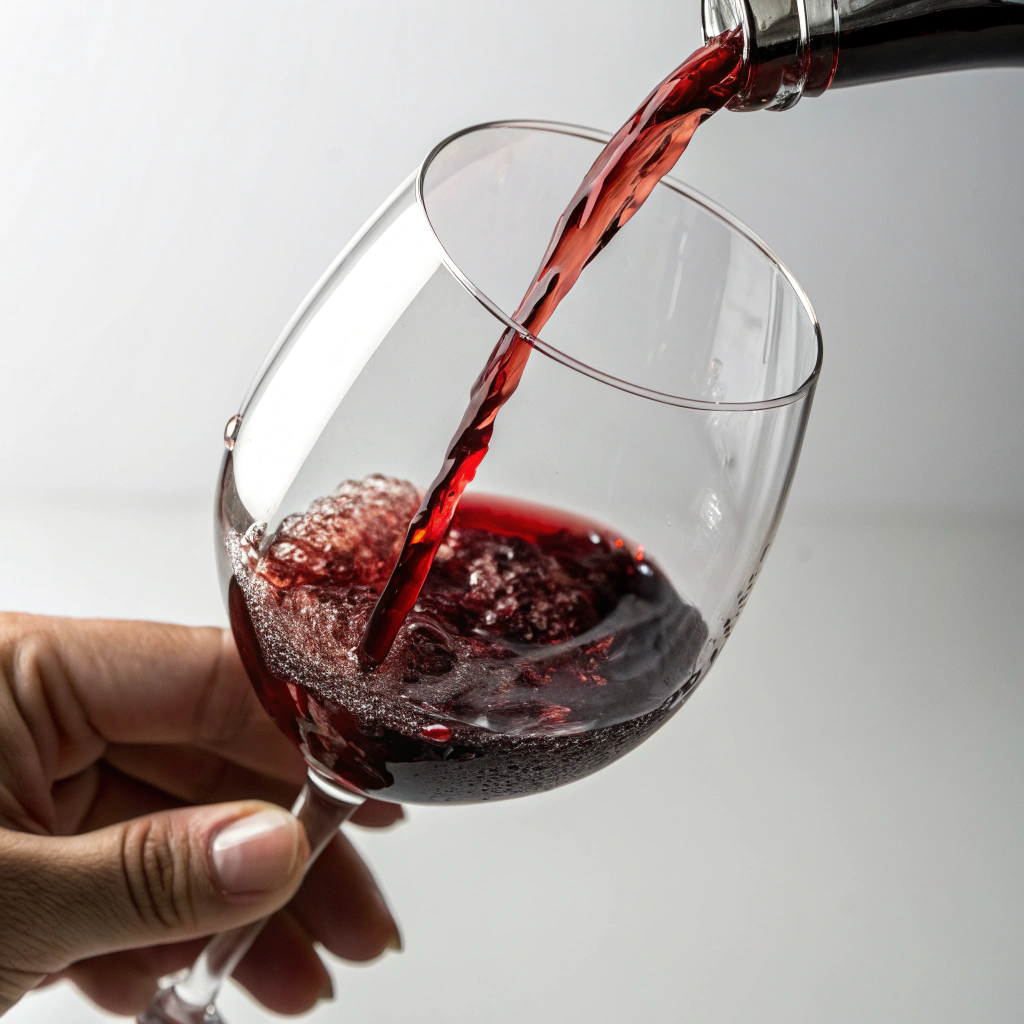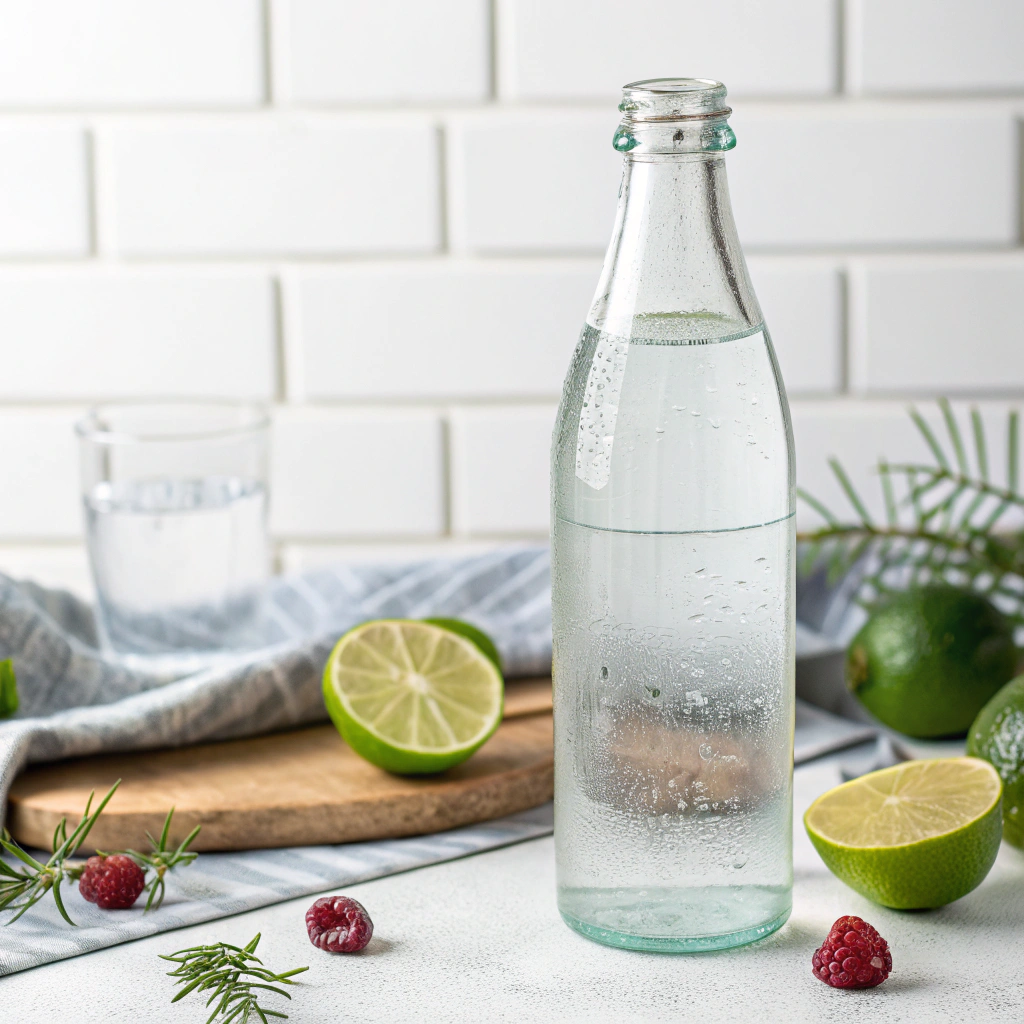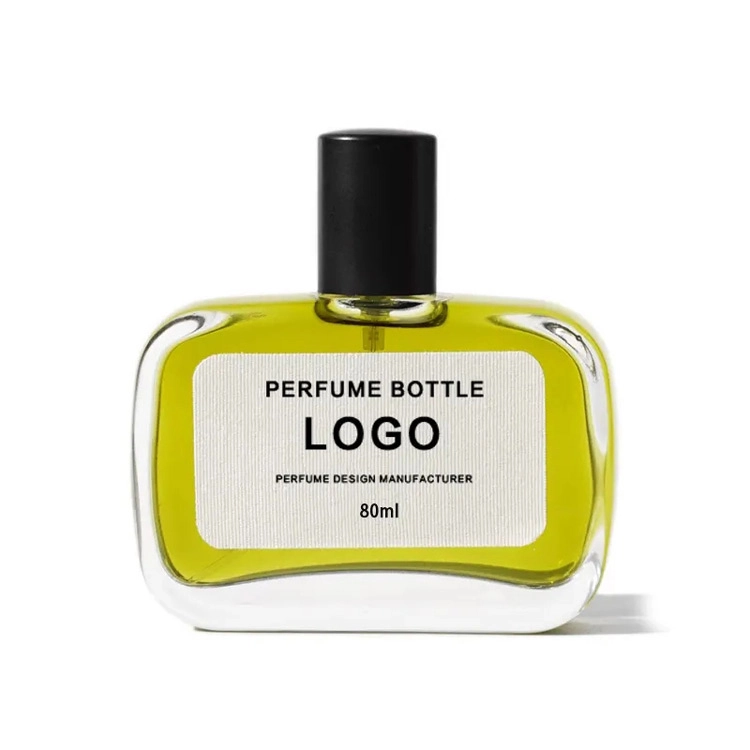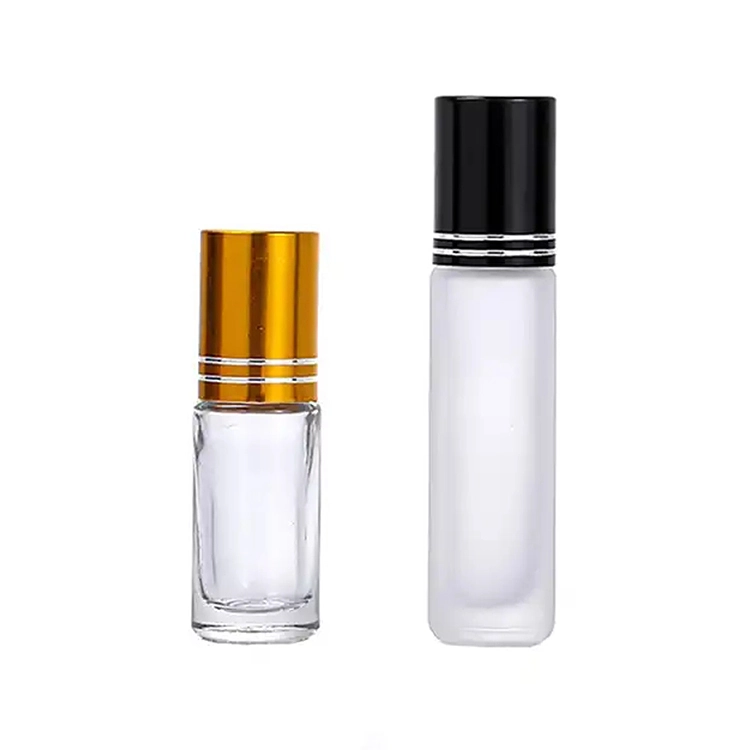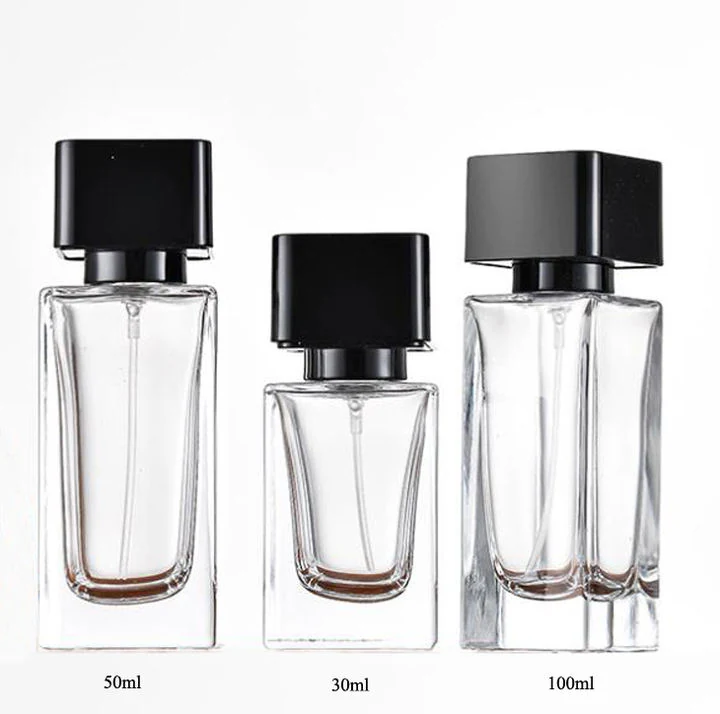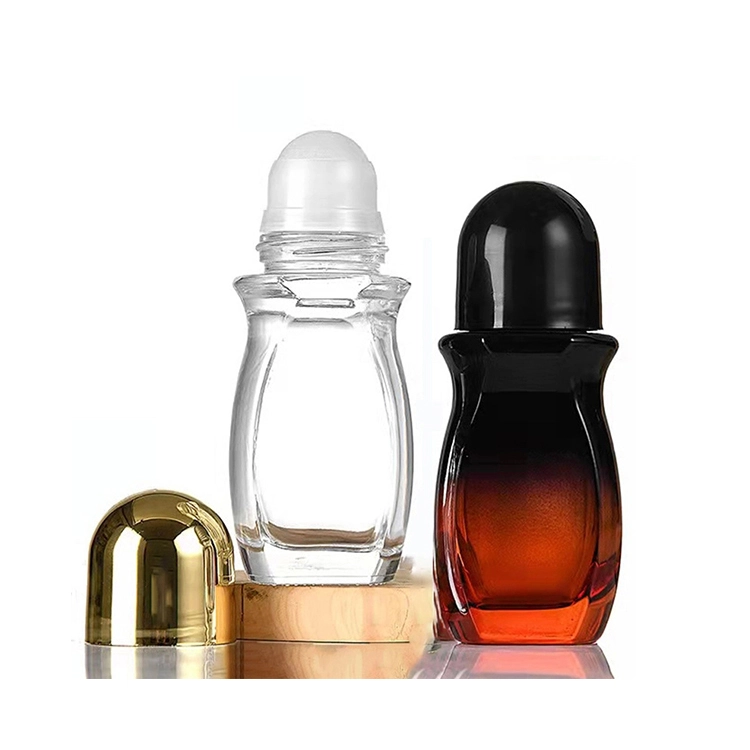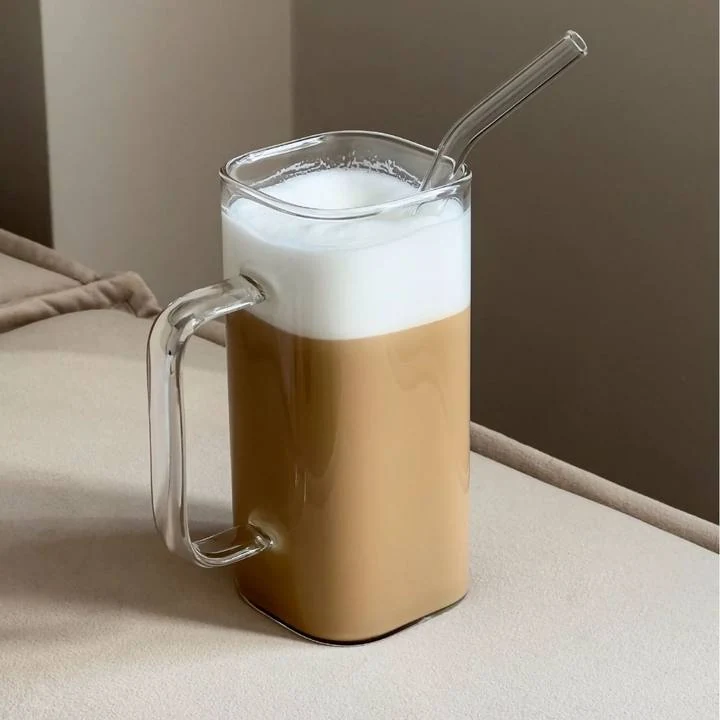
Part 1: Market Size and Growth
The glass cup industry in the United States has shown strong and consistent growth over the past decade. More consumers are switching from plastic to glass due to environmental awareness and lifestyle upgrades. Sustainability, safety, and design innovation are the main forces driving this transformation. From dining tables to cafés and hotels, glassware is becoming the new symbol of modern living.
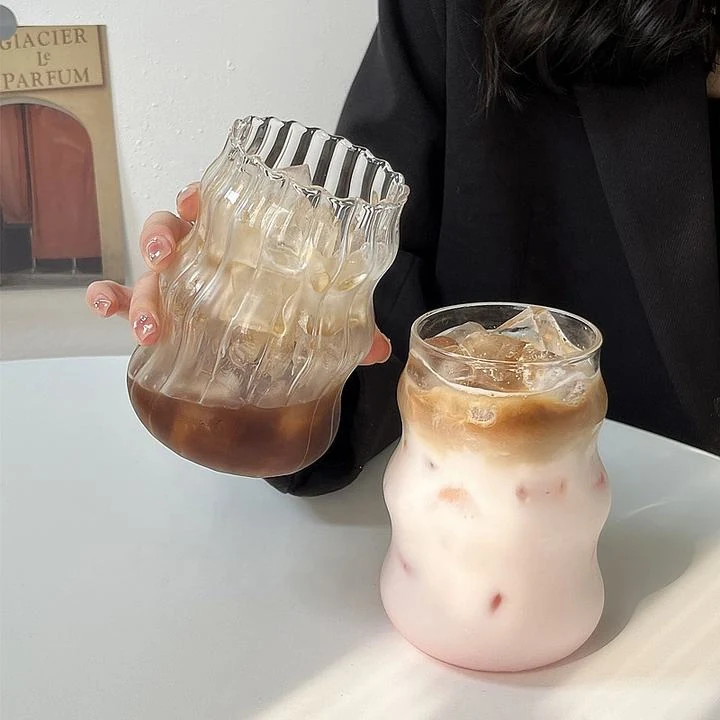
As I have observed during trade visits and business meetings, the demand for premium drinkware is expanding into both the household and hospitality sectors. The U.S. market now values not only function but also aesthetics and brand storytelling. Glass cups are being marketed as lifestyle products, with many brands collaborating with designers and influencers. The combination of form and function has turned simple cups into statement pieces.
Government policies encouraging eco-friendly materials have further boosted domestic glass production. Meanwhile, investors are channeling funds into automation, smart manufacturing, and recycling technologies. Clusters of glass manufacturing have emerged in states like Ohio and Pennsylvania, reviving old industrial towns with new vitality. The synergy of policy support and innovation has set a solid foundation for the industry's long-term expansion.
Part 2: Leading Companies
Libbey Inc.
Libbey Inc., founded in 1818 in Toledo, Ohio, is one of the oldest and most respected glass manufacturers in the United States. It has played a key role in shaping the American tableware industry for over two centuries. Its commitment to quality craftsmanship and timeless design continues to define the market.
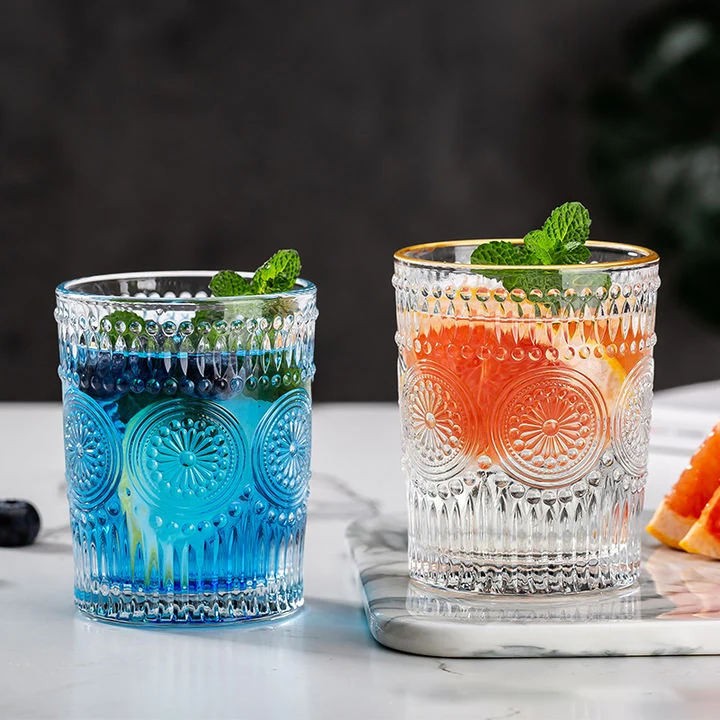
Libbey offers a broad portfolio of glassware products, including drinking glasses, wine goblets, mugs, and specialty barware. The company serves restaurants, hotels, and retail markets with both classic and contemporary collections. Through its in-house design team, Libbey constantly explores new patterns and textures that appeal to global consumers.
The brand’s core service industries include hospitality, catering, and foodservice distribution. Libbey’s technology focus lies in tempered glass innovation, which increases durability and heat resistance. Its products have earned multiple industry awards and certifications for sustainability and safety. The firm’s long-standing reputation makes it a benchmark for quality glassware worldwide.
Anchor Hocking
Anchor Hocking, headquartered in Lancaster, Ohio, was founded in 1905 and is known for producing durable and affordable glassware. The brand represents the balance between tradition and modern practicality.
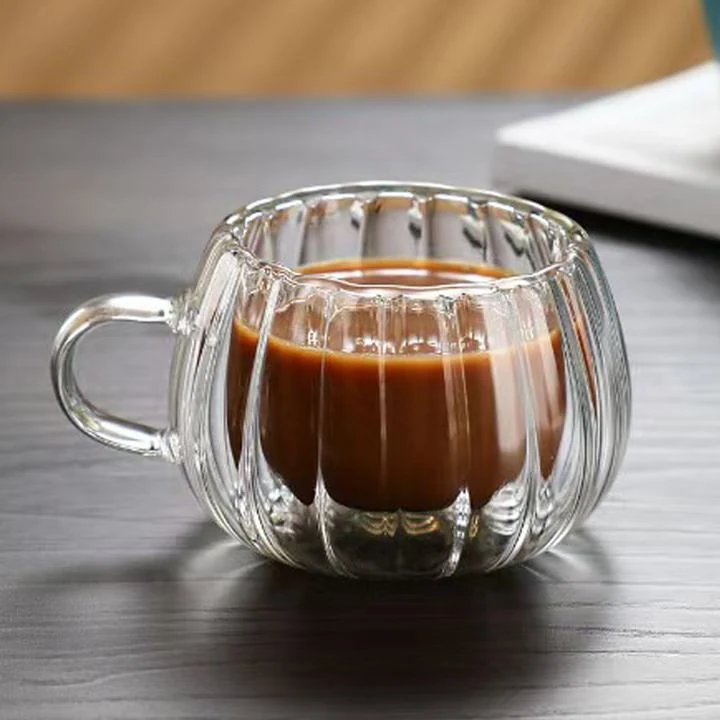
The company’s product line spans glass cups, bakeware, and storage jars. It is highly regarded for its use of pressed glass techniques, allowing large-scale production without sacrificing quality. Anchor Hocking also provides customized solutions for private labels and commercial clients seeking branded collections.
Its main service industries include home and kitchen retail, hospitality, and promotional product distribution. Technologically, the firm is focused on strengthening its production automation and improving glass clarity. It holds several safety and quality certifications such as ISO and FDA compliance. Anchor Hocking’s strong logistics and manufacturing base give it a competitive edge in North America.
Liberta Glass
Liberta Glass is a newer entrant in the American glassware market, established in California in 2012. Despite being young, it has quickly gained attention for its artistic designs and eco-conscious production philosophy. It bridges modern lifestyle aesthetics with sustainable manufacturing.
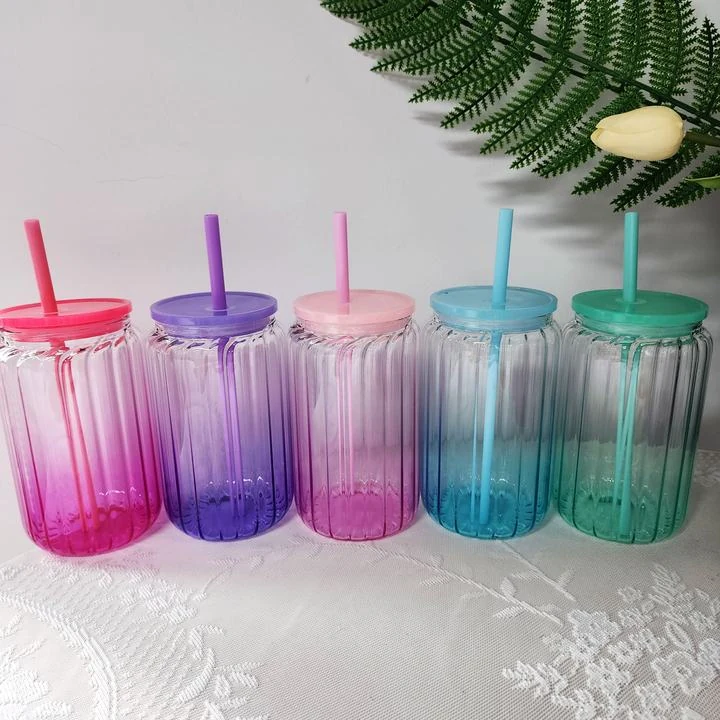
Liberta produces elegant hand-blown glass cups, tumblers, and carafes aimed at boutique cafés and lifestyle brands. Its focus is on small-batch production using recycled glass materials. The brand also collaborates with independent designers to create limited-edition pieces that highlight craftsmanship.
The company primarily serves high-end dining, boutique retail, and e-commerce clients. Its innovation lies in the use of energy-efficient furnaces and natural gas alternatives. Certified by Green Seal for sustainable operations, Liberta Glass is often featured in design magazines for its eco-friendly ethos. Its story-driven marketing and ethical manufacturing approach resonate with modern consumers.
| Company | Founded | Core Products | Industries | Certifications |
|---|---|---|---|---|
| Libbey Inc. | 1818 | Drinkware, Barware, Tableware | Hospitality, Retail | ISO, Safety, Eco-label |
| Anchor Hocking | 1905 | Cups, Bakeware, Storage | Home, Hospitality | ISO, FDA |
| Liberta Glass | 2012 | Hand-blown Cups, Carafes | Boutique, E-commerce | Green Seal, Eco-Cert |
Part 3: Trade Shows and Industry Events
The Inspired Home Show
The Inspired Home Show, held annually in Chicago, is one of the most influential events for glassware and kitchenware brands. It brings together manufacturers, buyers, and designers from across the world. The event serves as a bridge between innovation and market demand.
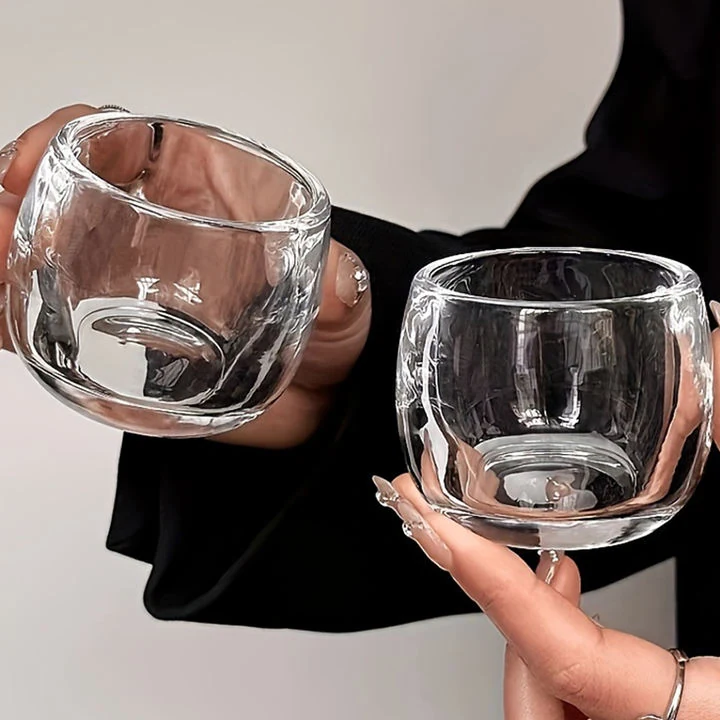
The show usually takes place in March at McCormick Place, attracting over 50,000 visitors. Exhibitors showcase the latest drinkware, table décor, and sustainable materials. The highlight of the event is its trend gallery, where eco-friendly and design-forward glass cups often gain attention. It’s also a great venue for networking and launching new collections.
GlassBuild America
GlassBuild America, hosted by the National Glass Association, is another major event that focuses on glass technology and manufacturing. It takes place annually in Las Vegas and features innovations in glass processing, coating, and automation. It connects traditional manufacturers with the new era of smart production.
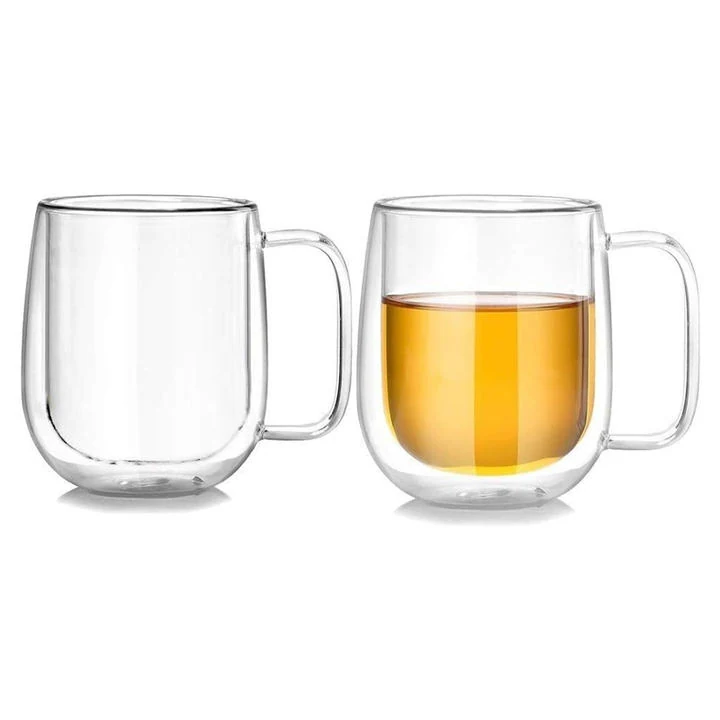
The exhibition attracts participants from construction, design, and consumer goods sectors. For glass cup manufacturers, it’s an opportunity to explore machinery upgrades and sustainable production systems. The show also includes seminars and live demos, emphasizing recycling processes and energy-efficient furnaces. It is an essential platform for understanding the future direction of the glass industry.
| Event | Date | Location | Highlights |
|---|---|---|---|
| The Inspired Home Show | March (Annually) | Chicago | Home goods trends, sustainable drinkware |
| GlassBuild America | September (Annually) | Las Vegas | Glass technology, automation, recycling |
Part 4: Impact of Global Trade Policies
Global trade policies have a significant impact on U.S. glass manufacturers. Tariffs on imported raw materials and energy costs have pushed producers to source locally and improve efficiency. The recent trade adjustments between the U.S. and China have also changed the flow of raw glass imports, prompting domestic companies to strengthen their supply chains.
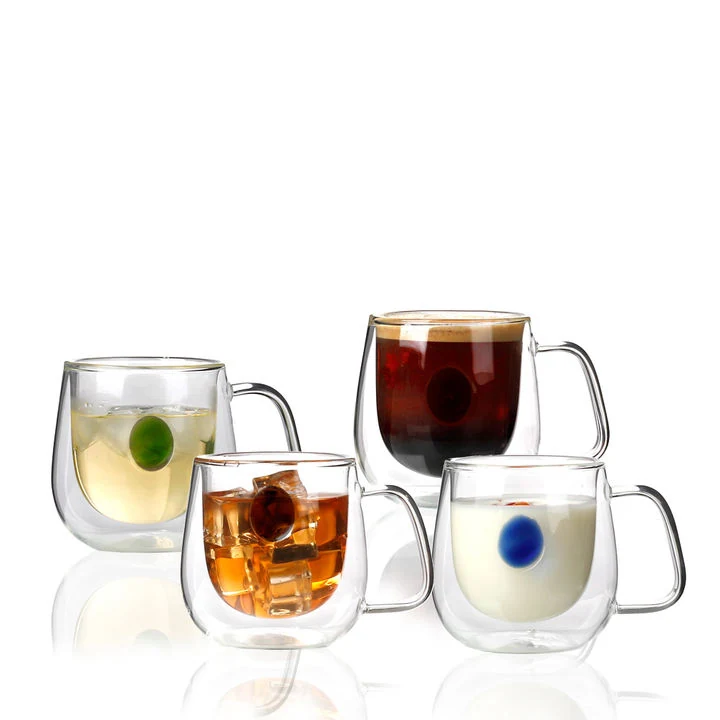
As I’ve discussed with industry peers, local manufacturers are now emphasizing self-reliance and sustainable supply models. The U.S. government’s push for green manufacturing incentives supports this shift. However, import restrictions and energy price volatility still pose challenges for smaller firms. Many are now exploring renewable energy and closed-loop recycling to manage costs.
Internationally, trade agreements like USMCA have improved North American collaboration, allowing manufacturers in the U.S., Mexico, and Canada to share technology and logistics resources. On the flip side, competition from European and Asian brands remains strong, especially in design innovation and price efficiency. The global trend toward sustainable living will likely continue to shape both production and consumer behavior.
Part 5: Conclusion
The U.S. glass cup industry stands at an exciting intersection of tradition and transformation. Rising demand for eco-friendly, design-driven, and durable products offers strong opportunities for both new and established brands. Companies that invest in automation and sustainable materials are expected to lead the market in the coming decade.
At the same time, manufacturers must face challenges such as raw material costs, trade uncertainties, and intense competition. Balancing innovation with cost efficiency will be key. Despite these challenges, the market’s long-term outlook remains positive—glass is no longer just a material, it’s a lifestyle choice reflecting clarity, safety, and sustainability.
Recommended Reading:
- Glass Bottle Manufacturers in Portugal
- Glass Bottle Manufacturers in Micronesia
- Glass Bottle Manufacturers in Mauritius
- Glass Bottle Manufacturers in Mauritania
- Glass Bottle Manufacturers in Marshall Islands
- Glass Bottle Manufacturers in Malta
- Glass Bottle Manufacturers in Mali
- Glass Bottle Manufacturers in Maldives
Custom Luxury Perfume Glass Bottle 30Ml 50Ml 100Ml With Box
Glass Bottle Manufacturers in Burkina Faso
300ml 10oz Jam Jar with Lids
Dorica Glass Bottles 250ml 500ml 750ml

